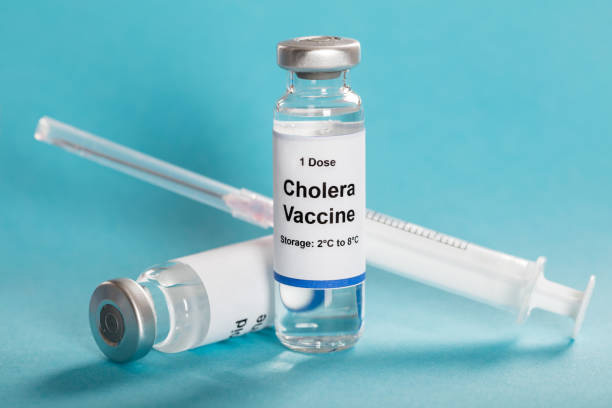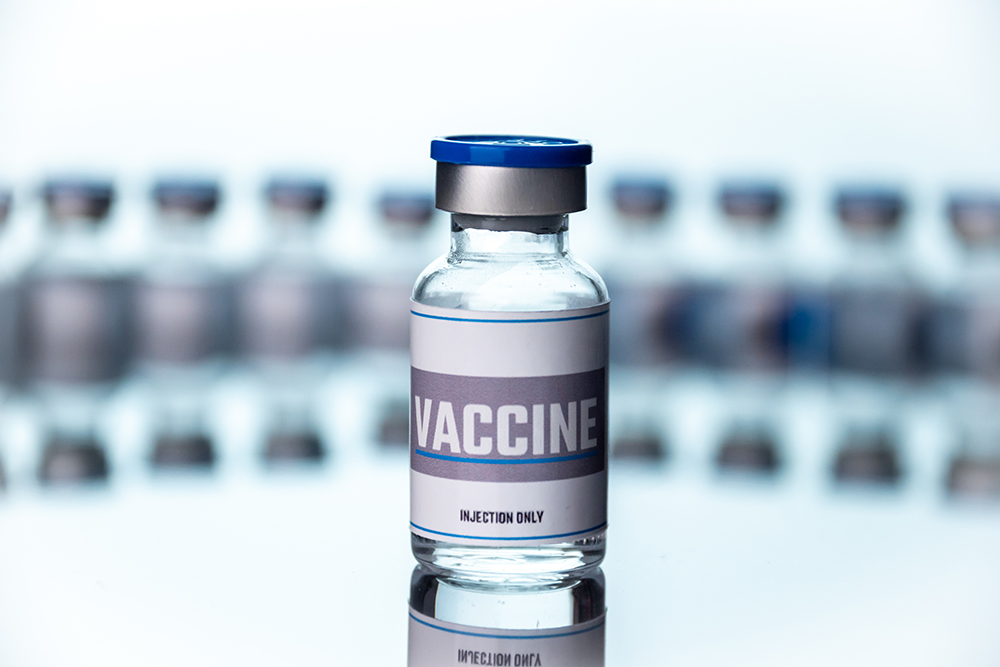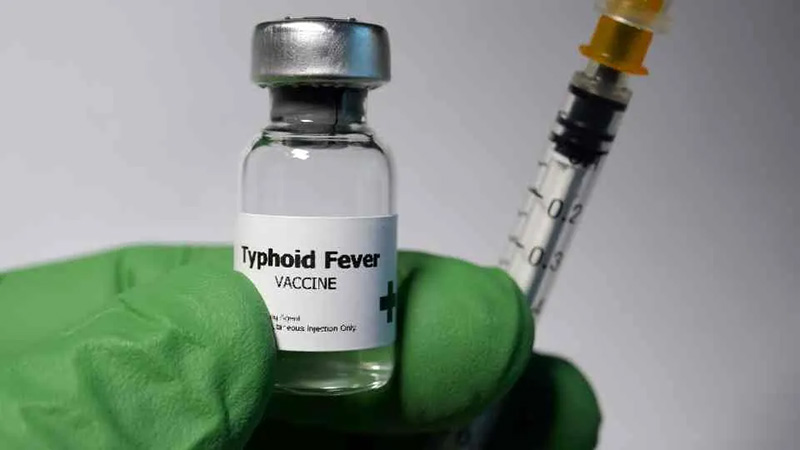Food & Water Transmitted
D&M provides a high level of care and understanding when it comes to the standard vaccinations we all need.
Hepatitis A
What is Hepatitis A?
Hepatitis A causes inflammation of the liver which usually resolves with the help of our immune system, however, Hepatitis A can cause serious complications in some people. Hepatitis A may be prevented by vaccination and it is recommended that travelers to most countries outside Canada are vaccinated. Vaccination is particularly important for people traveling rural areas or areas with poor sanitation in developing countries.

How is Hepatitis A transmitted?
Hepatitis A is caused by a virus that is found in contaminated food or water, or by direct contact with a person with Hepatitis A. The risk for Hepatitis A is higher in regions where food and water conditions are unsanitary.
What are the symptoms of Hepatitis A infection?
Symptoms of infection with Hepatitis A include nausea, loss of appetite, weight loss, dark urine, rashes, joint pain, and yellowing of the skin and eyes. Most people recover fully from Hepatitis A infection, however, there is a risk of developing complications including liver failure.
How long does it take for symptoms of Hepatitis A to develop?
Symptoms of Hepatitis A usually appear 2 to 4 weeks after the consumption of food or water contaminated with Hepatitis A.
Vaccines
- Havrix® is a vaccine to prevent Hepatitis A and is given as two doses at least 6 months apart. The first dose will provide you will short term protection against Hepatitis A and the second dose will provide protection for 20 years or more.Twinrix® is a vaccine for Hepatitis A and Hepatitis B and is given as 3 doses. After the first dose is given, the second dose will be given after 1 month and the third after 6 months. The final dose provides protection for 20 years or more.
- It is recommended that you receive 2 doses of Twinrix® before traveling. If you do not have at least 1 month to get the first two doses, you can receive a “fast track” schedule that involves 4 doses whereby the first two injections are given 7 days apart.
Prevention Strategies
Vaccines are the best way to prevent against Hepatitis A, however other general travel recommendations are appropriate. These include:
- Washing hands regularly with soap and water, or, alternatively using hand sanitizer that contains at least 60% alcohol.If you are unsure of the safety of the local water supply, drink bottled beverages or water that has been boiled.
- When uncertain of whether food has been washed using clean water, follow the general rule of “boil it, cook it, peel it, or forget it”.
- Avoid salads, raw fruits and vegetables that you haven’t peeled yourself and undercooked foods if food preparation may have been in unsanitary conditions.
Cholera
What is cholera?
Cholera is an infection of the the intestine that is caused by bacteria. This infection can cause severe diarrhea and dehydration. Cholera can be treated with oral rehydration salts and fluids.

How is cholera transmitted?
Cholera is caused by the consumption of food or water contaminated with the bacterium Vibrio cholerae. The risk of contracting cholera is generally very low and for many travelers prevention can be achieved through following food and water recommendations while traveling.
What are the symptoms of cholera?
The consumption of food contaminated with cholera can cause an infection with the bacteria in the intestine and can cause symptoms ranging from mild to severe. The main symptoms are profuse, watery diarrhea and vomiting. The rapid loss of fluid associated with severe diarrhea can cause dehydration and death if not properly identified and treated.
How long does it take for symptoms of cholera to develop?
Symptoms can appear between a few hours and a few days after the consumption of food or water that is contaminated with cholera.
Vaccines
- Dukoral® is a drinkable vaccine that is used to decrease your risk of developing cholera.
- Dukoral® is given as two doses given at least 1 week apart. It is recommended to start Dukoral® at least 3 weeks before traveling to protect you from developing cholera.Dukoral® can also help protect you against traveler’s diarrhea caused by E. coli. For protection against traveler’s diarrhea (not cholera) you can take the first dose as late as 2 weeks before traveling and the second dose 1 week before traveling and be protected.
- Dukoral® provides protection against cholera and traveler’s diarrhea for up to 3 months.
- If you have used Dukoral® within the past 5 years, only 1 additional dose is required to provide protection.
Prevention Strategies
- Cholera can be prevented through vaccination and proper food and water hygiene while traveling.
- It is recommended to drink bottled beverages or boiled water if you are unsure of the water sanitation in your area of travel.
- For food, it is recommended to “boil it, cook it, peel it, or forget it”.
- Undercooked foods, salads and raw fruits and vegetables that cannot be peeled should be avoided if there is concern they were not washed with clean drinking water.
- It is important to wash your hands regularly with soap and clean water or use a hand sanitizer with at least 60% alcohol.
Traveler’s Diarrhea
What is traveler’s diarrhea?
Traveler’s diarrhea is the most common illness that develops in people who travel. The risk of developing traveler’s diarrhea is dependent on where you travel, the length of your trip, and the types of food and water you consume.

How is traveler’s diarrhea transmitted?
Traveler’s diarrhea is usually caused by eating or drinking contaminated food or water. The most likely causes are by the consumption of bacteria (for example: E. coli, salmonella, campylobacter, or shigella), protozoa, or viruses (e.g. rotavirus and norovirus) that are in contaminated food or water.
What are the symptoms of traveler’s diarrhea?
Traveler’s diarrhea is defined as 3 or more loose stools in a 24 hour period. The diarrhea may be accompanied by fever, nausea, vomiting, cramps, or bloody stools. Traveler’s diarrhea usually goes away on it’s own, but drug therapy helps to decrease the duration and severity of symptoms.
How long does it take for symptoms of traveler’s diarrhea to develop?
Symptoms of traveler’s diarrhea can develop hours or days after consumption of contaminated food or water.
Vaccines
- The drinkable vaccine Dukoral® can help to prevent traveler’s diarrhea that is caused by E. coli.
- Dukoral® is given as two doses that are taken at least one week apart. You should start Dukoral® at least 2 weeks before you travel and take the second dose at least 1 week before you travel in order to provide appropriate protection against traveler’s diarrhea.
- Dukoral® provides protection against traveler’s diarrhea for up to 3 months.
If you use Dukoral® again within 5 years, you will only require 1 dose before you travel.
Prevention Strategies
- Food Preparation: “Boil it, cook it, peel it, or forget it”.
- Avoid food from street vendors as well as undercooked foods.
- Avoid foods that have been sitting at room temperature for prolonged periods of time.
- Drink bottled or boiled water if you unsure the water is sanitary.
- Brush your teeth using bottled or boiled water.• Avoid ice unless it has been prepared from sanitary water.
Wash hands or use hand sanitizer regularly.
How to treat Traveler’s Diarrhea:
- Prevent dehydration that is caused by diarrhea → drink plenty of water and if moderate or severe diarrhea, use oral rehydration powders to replenish essential electrolytes.
- Examples of oral rehydration powders include Gastrolyte® and Pediatric Electrolyte®Antibiotics such as ciprofloxacin or azithromycin are effective in treating traveler’s diarrhea. It can be appropriate to carry an antibiotic with you while you travel so that you can self treat in the case that you develop traveler’s diarrhea.
- Loperamide (Imodium®) is an option to reduce diarrhea however its use is preferably limited to situations where restrooms are not available.
Typhoid
What is typhoid?
Typhoid is an infection that is caused by bacteria. The risk of developing typhoid exists in many parts of the world including Africa, Asia, and Latin America. In addition, small outbreaks have occurred in Eastern Europe. Health Canada recommends people traveling to South Asia are vaccinated for typhoid. The risk of developing typhoid increases with the length of your travels and in areas with poor sanitation. The vaccine for typhoid may also be considered for people who travel regularly, are traveling to developing countries, or are traveling for extended periods of time.

How is typhoid transmitted?
Typhoid caused by the consumption of food and water that is contaminated with the bacteria Salmonella typhi.
How long does it take for symptoms of typhoid to develop?
Symptoms usually occur about a week after the consumption of contaminated food or water.
How long does it take for symptoms of yellow fever to develop?
Symptoms usually develop 3 to 6 days after being bitten by an infected mosquito.
Vaccines
- There is a vaccine in the form of oral capsules (Vivotif®). One capsule is taken every second day for 4 doses.
- Injections for typhoid are given as a single injection and the available vaccines are Typherix®, Typhim®, or Vivaxim®.
The Vivotif® capsules provide protection for 5 to 7 years and the Typherix®, Typhim®, or Vivaxim® injections provide protection for about 3 years.
Prevention Strategies
- • Typhoid is transmitted through food and water contaminated with Salmonella typhi bacteria. Therefore, it is important to follow food and water recommendations when you travel.
- It is recommended to drink bottled beverages or boiled water if you are unsure of the water sanitation in your area of travel.
- For food, it is recommended to “boil it, cook it, peel it, or forget it”.
- Undercooked foods, salads and raw fruits and vegetables that cannot be peeled should be avoided if there is concern they were not washed with clean drinking water.
It is important to wash your hands regularly with soap and clean water or use a hand sanitizer with at least 60% alcohol.
Testimonials
Clients Say Things Like

